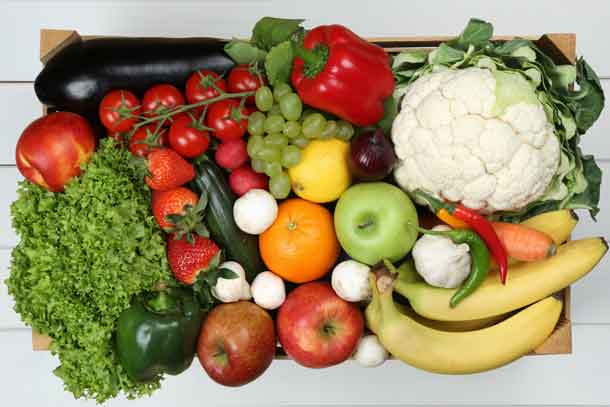
LONDON – LIVING – Losing weight continues to be a very daunting task for anyone. New restaurants open every other day with more and more food choices that are not exactly good for your health. Fast food chains are everywhere to cater to those who want fast, portable food and are only looking to fill their stomach to get through the day. Technology is no help. We can get food delivered now which eliminates the short but necessary amount of time otherwise spent walking to the nearest food shop. Some people can spend more than eight hours of their day sitting in front of the computer.
Finding the time to be more active and eating more whole foods have become an afterthought these days which only makes it more difficult to lose weight. However, there are still ways to do this and have long-term and sustainable weight. Here are five tips to a healthy weight loss.
- Eat Healthy Food
Eating healthy food can mean different things for different people. A great start to a healthy lifestyle is to eat more fruits and vegetables. They are high in fiber and low in calories and fat. Limit your intake of food that are high in saturated and trans fat, cholesterol, salt and added sugar. Eating a lot of chips and drinking sodas often as a replacement for whole foods can cause harmful effects to your body. If you know that you have a severe nutrient sufficiency, you can consult the experts if you need to take supplements. Depending on your weight tendencies, you may be well advised to take an effective dietary supplement such as GOLIAS to help with weight loss.
- Create a Meal Plan
Having a meal plan keeps you focused and motivated long enough to see positive results on your weight loss. A meal plan ensures that you are eating healthy food consistently in terms of frequency, volume, and variety. You can start a meal plan by listing down all the recipes or food you want to eat this week while still leaving room for spontaneous lunch or dinner out. Once you know what you want, list down all the ingredients you need to buy. You can prepare some of the meals ahead of time and heat them up as you need them. Make sure that you have healthy and on-the-go snacks available for quick and filling bites such as apples, oranges, grapes, cucumbers, and carrots.
- Don’t Skip Meals
Skipping meals can only make you crave for more food. When you skip a meal during the day can cause your blood-sugar level to dive which becomes a problem because you do not get all the necessary nutrients to fuel your body and boost your energy and mood. If you keep this up, your body system changes into starvation mode. But your body can only take so much and eventually you will become extremely hungry. By that time, your metabolism has already slowed down making it even more difficult to burn the food that you consume.
- Exercise Regularly
Being active helps boost your metabolism, burn calories and fat and reduce your chances of getting a heart attack. You can join a gym and exercise a few times a week. Walk instead of drive if the distance is only a few kilometers. Find an exercise buddy whether it be your partner, friend or coworker who can encourage you to exercise regularly. During weekends, visit a nearby town and stroll down the street. The key is to be more active in any aspect of your life and make it a habit. You do not need a gym membership. You can use the resources that you have and even exercise at home.
- Sleep Adequately
The amount of sleep you get is as important as your exercise and diet. While sleep requirements vary from one person to another, the general requirement is to sleep at least seven hours. One of the consequences of poor sleep is the unnecessary increase in appetite and craving for unhealthy foods. On the other hand, getting an adequate amount of sleep can enhance your ability to engage in physical activities.






